Canaries are small, brightly colored songbirds known for their beautiful singing, low-maintenance care, and independent nature. Unlike many pet birds, they don’t require constant interaction and thrive alone.
Originating from the Canary Islands, these birds come in vibrant shades of yellow, orange, and white. Males are especially prized for their melodic songs, making them a favorite among bird lovers.
Table of Contents
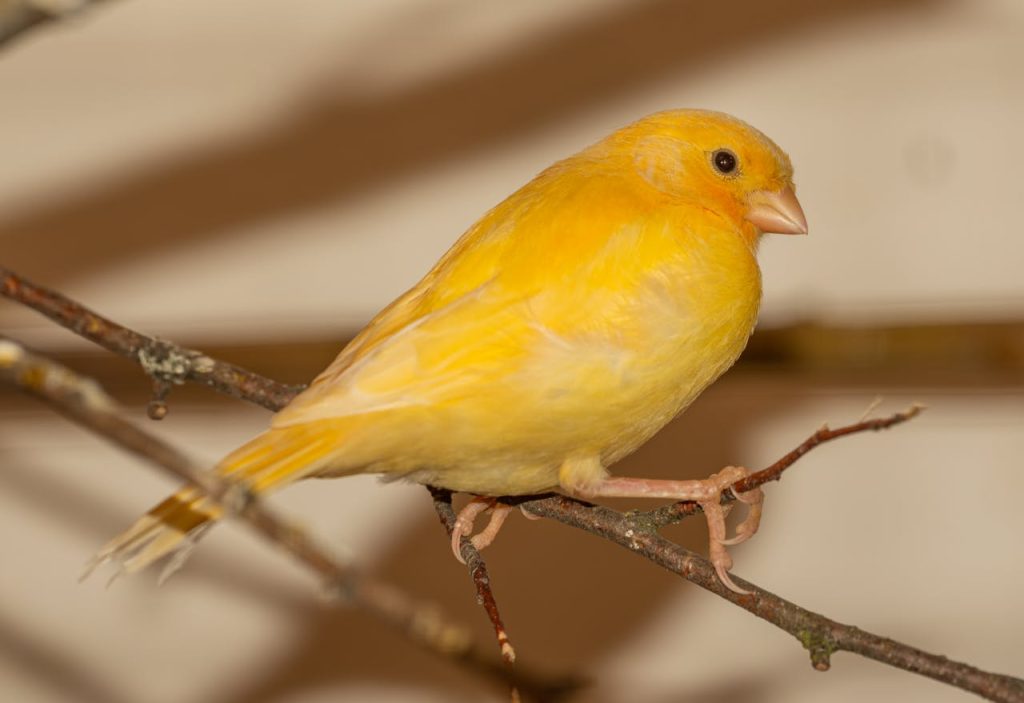
Introduction
Canaries are small, brightly colored songbirds that have been cherished as pets for centuries. Known for their melodious singing and vibrant feathers, these birds are easy to care for and make wonderful companions for both novice and experienced bird owners.
This guide will provide essential information on their origin, physical traits, care, breeding, and challenges, ensuring you have all the knowledge needed to keep a happy and healthy canary.
For more insights on pet birds, check out our article on Why Birds Make the Perfect Pets.
Origin of Canaries
Canaries originate from the Macaronesian Islands, specifically the Canary Islands, Azores, and Madeira. These birds were first domesticated in the 17th century and became popular in European courts due to their enchanting songs.
Over time, selective breeding led to a variety of colors and singing abilities, making them one of the most sought-after pet birds.
Physical Traits: Color, Size, and Lifespan
Canaries are small birds, typically measuring about 4.5 to 5 inches in length. They come in a range of colors, including yellow, orange, white, and green. Males are generally more vibrant and are known for their superior singing abilities.
With proper care, a canary can live between 10 to 15 years, making it a long-term commitment for pet owners.
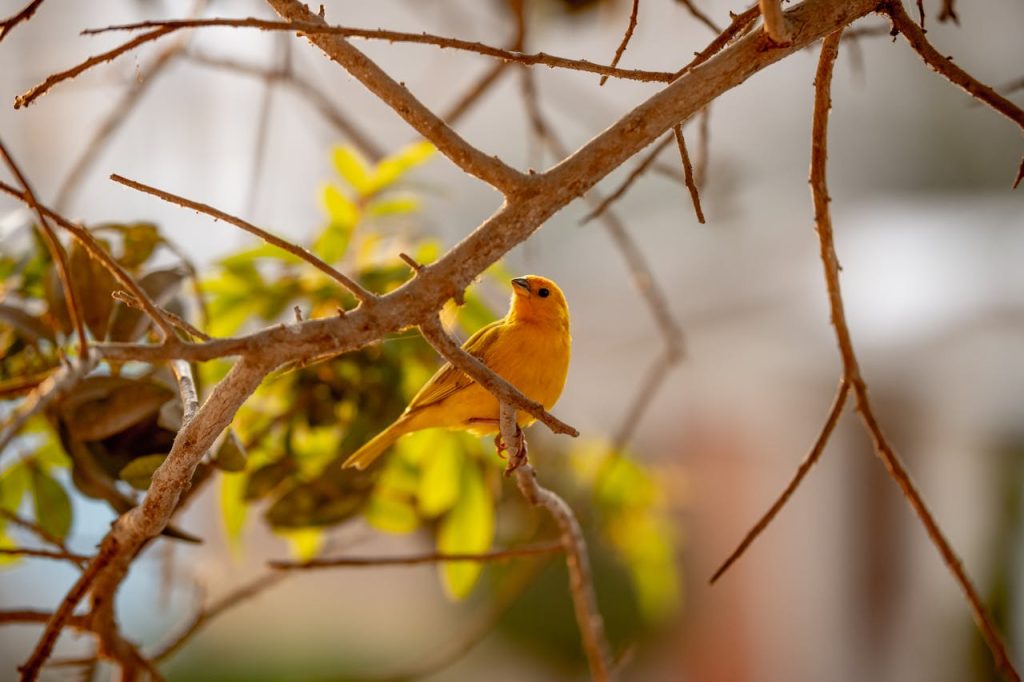
Unique Traits of Canaries as Pets
- Melodious Singing – Male canaries are renowned for their beautiful and intricate songs, which they use to attract mates.
- Low Maintenance – Unlike larger parrots, canaries do not require as much social interaction and can thrive independently in their cages.
- Color Variations – Canaries come in various colors, with breeders developing unique shades over the years.
- Energetic and Playful – They enjoy hopping around their cages, playing with toys, and flying short distances.
Choosing the Right Canary
When selecting a canary, it is essential to choose a healthy bird. Look for bright, alert eyes, clean feathers, and an active disposition.
Male canaries are preferred by those looking for a singing companion, as females are generally quieter.
Purchase from reputable breeders or pet stores to ensure the bird has been well cared for and is free from diseases.
Diet and Nutrition
A well-balanced diet is key to a healthy canary. Their primary diet includes:
- High-quality canary seed mix
- Fresh fruits and vegetables such as apples, carrots, and spinach
- Egg food for additional protein, especially during molting
- Cuttlefish bone for calcium and beak maintenance
Avoid feeding them avocado, chocolate, and caffeine, as these can be toxic to birds.

Housing and Environment
A spacious cage with horizontal bars for climbing is ideal for canaries. Ensure they have plenty of room to fly within their enclosure. Provide:
- Perches of varying sizes to keep their feet healthy
- A small water dish for bathing
- A quiet environment free from excessive noise and stress
Grooming and Hygiene
- Canaries enjoy bathing, so provide a shallow dish of water regularly.
- Keep their nails trimmed to prevent overgrowth.
- Clean the cage weekly to maintain a sanitary living space.
Fun Facts About Canaries
- They were once used in coal mines to detect dangerous gases.
- Canaries have different song types, with some breeds known for their specialized singing styles.
- These birds can recognize their owners and respond to their voices.
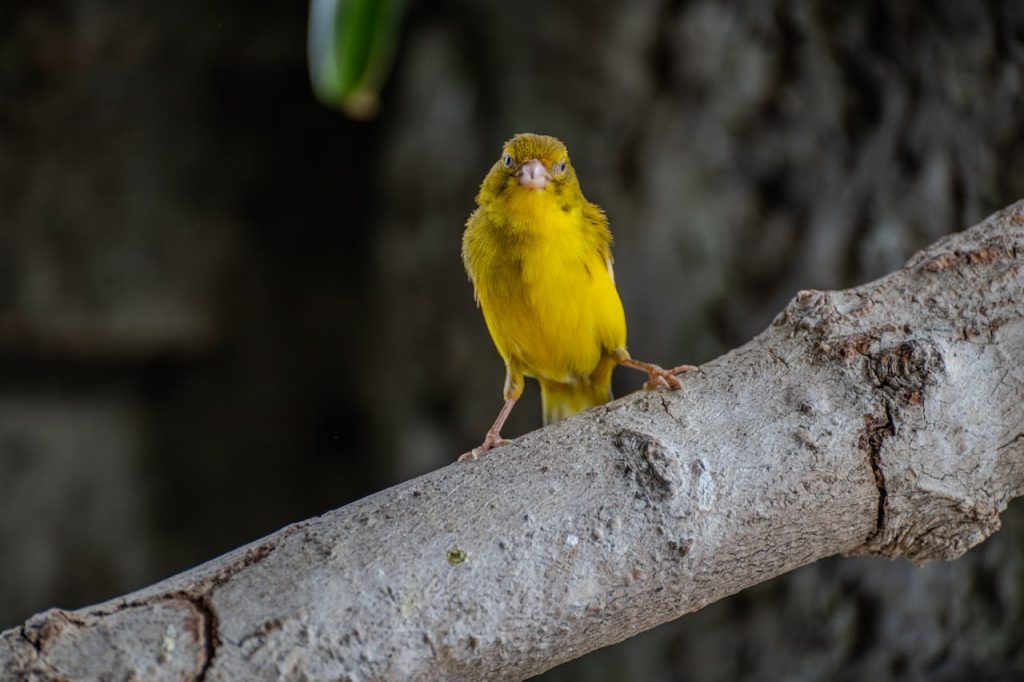
Training and Socialization
While canaries do not require as much social interaction as parrots, they can still recognize their owners and respond to gentle talking.
Playing soft music or whistling can encourage them to sing.
Common Health Issues
- Air Sac Mites – Can cause respiratory distress; look for labored breathing.
- Feather Plucking – is often a sign of stress or dietary deficiency.
- Egg Binding – A condition in female canaries that requires immediate veterinary attention.
- Overgrown Beak – Requires trimming if it interferes with eating.
Breeding Information
Breeding canaries requires careful planning. A female canary lays about 3-5 eggs per clutch, which hatch in approximately 14 days. A nesting box with soft material should be provided, and the chicks will fledge around three weeks after hatching.
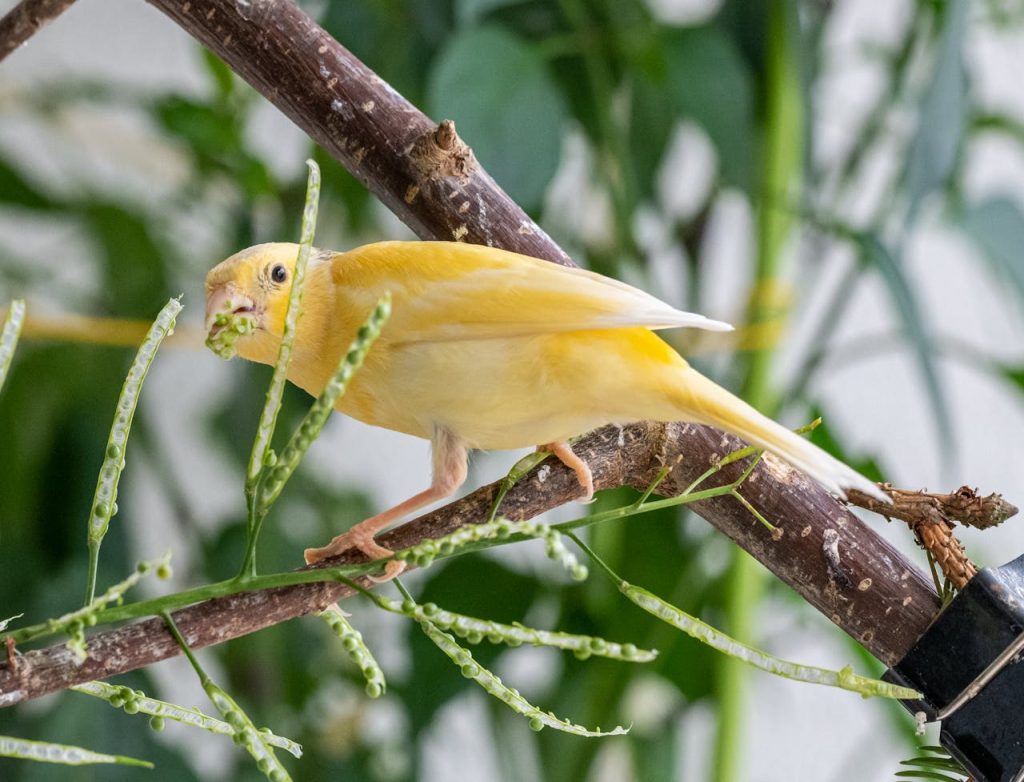
Signs of a Healthy Bird
A healthy canary will have smooth, clean feathers, an alert expression, a strong appetite, and an active demeanor.
Any signs of lethargy, wheezing, or unusual feather loss should be addressed promptly.
Interaction with Other Pets
Canaries are generally best kept alone or with other canaries, as they are delicate birds and may be stressed by larger pets. Always supervise interactions with other household pets.
Challenges of Owning a Canary
- Canaries are not hands-on pets and do not enjoy being handled.
- They require a quiet and calm environment to thrive.
- Their singing can be loud, which may not be suitable for all households.
- Regular cage cleaning is necessary to maintain their health.
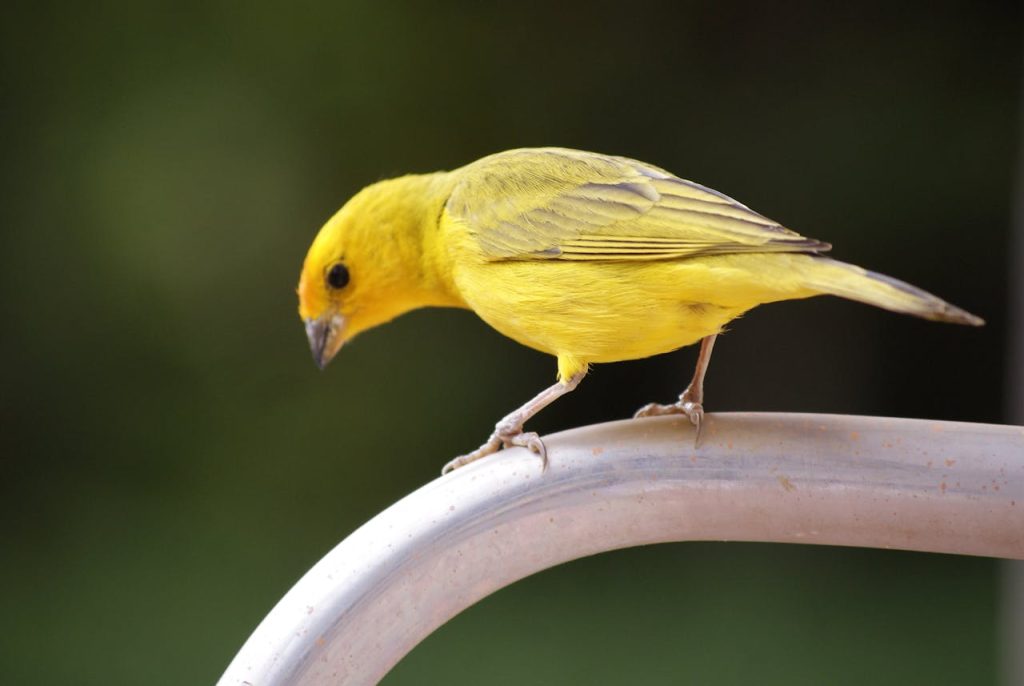
Learn More About Bird Breeds
Canaries are just one of many fascinating bird species. To learn about other pet birds, check out our guides on Macaws: Majestic Pet Birds, Cockatiels for Beginners, Lovebirds Behavior & Bonding, African Grey Parrots and Parrotlets Care Guide to learn about the unique traits, care needs, and joys of owning these amazing avian companions.
Conclusion
Canaries make excellent pets for those who appreciate melodious singing and a low-maintenance companion. Their beauty, charm, and musical abilities have captivated bird enthusiasts for centuries.
However, they require a proper diet, a stress-free environment, and routine care to thrive. With the right approach, a canary can bring joy and serenity to any home for many years.
FAQs
Are canaries good pets?
Yes, canaries are great pets for those who enjoy low-maintenance, independent birds with beautiful songs.
Do canaries need a companion?
No, canaries are solitary birds and prefer to live alone.
How long do canaries live?
Canaries typically live 10–15 years with proper care.
Do canaries require a lot of attention?
No, they are independent and do not need much human interaction.
Can canaries learn to talk?
No, canaries do not mimic speech, but males sing beautifully.


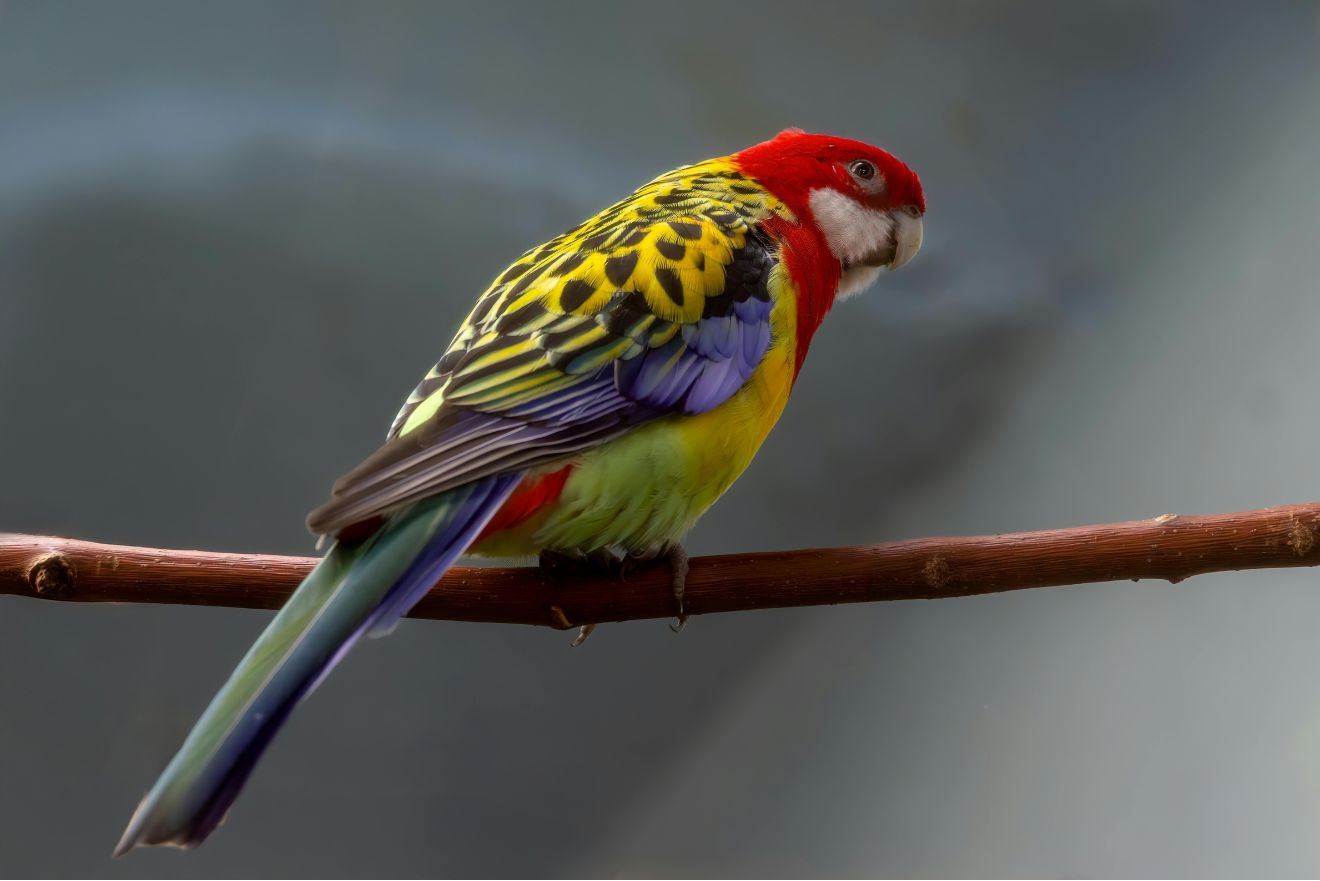

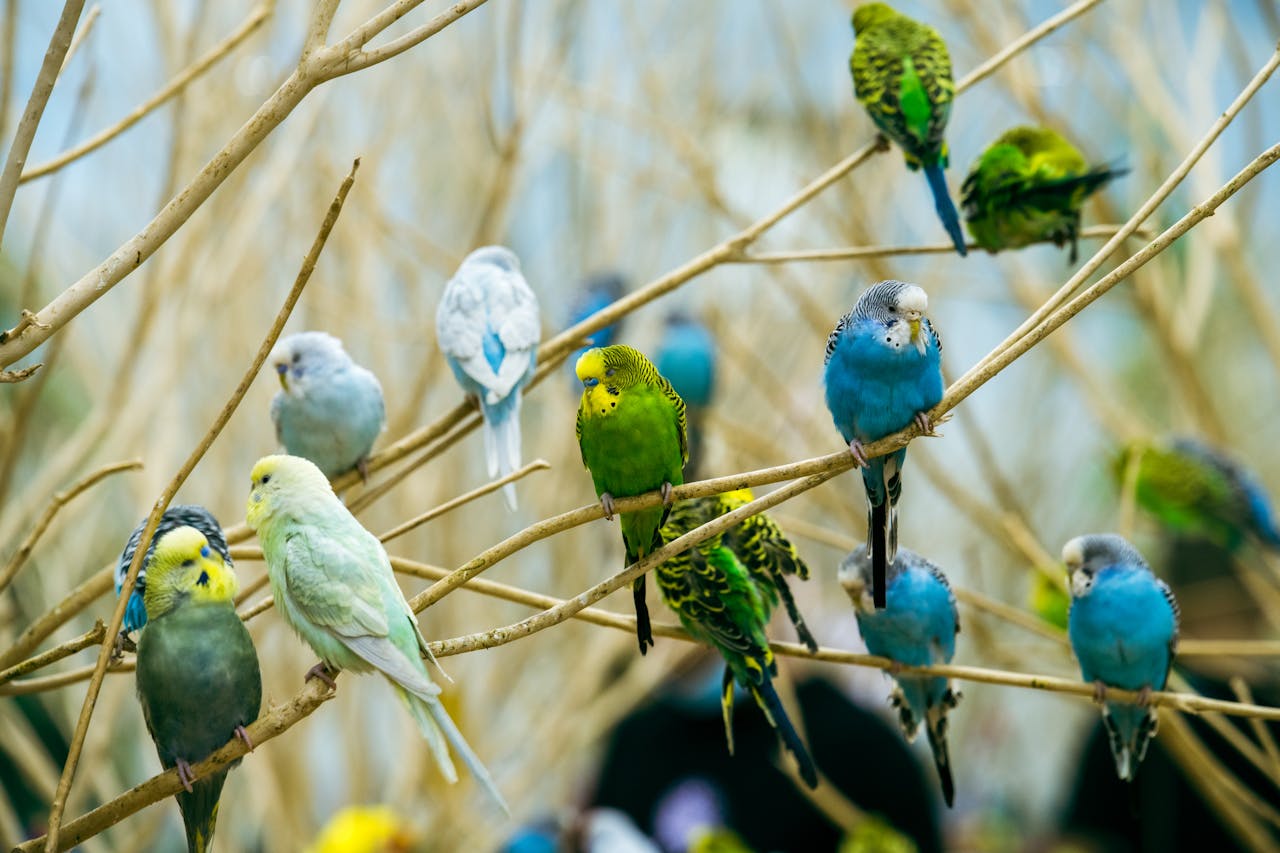
1 Comment
Pingback: Amazon Parrots: Why They Are Among the Smartest Pet Birds - Pet Bonded